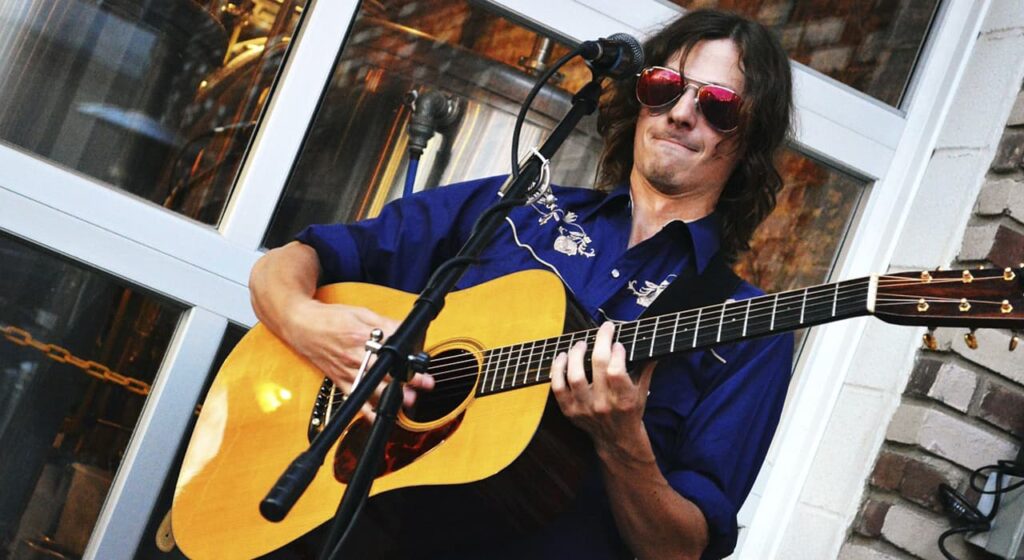It’s funny that one of the most famous country hits of the 1950s wasn’t created in the people’s thicket, but at Walt Disney Studios. At the end of 1954, the studio released the mini-series Davy Crockett – King of the Wilderness – about a brave scout, a marksman (they say he hit a bullet in the axe blade, which split the bullet in two), a defender of Indian rights, in general, an exemplary American patriot.
Despite the fact that the hero of the show is a highly mythologized and idealized figure, there was a very real historical personality behind it.
David Crockett (1786 – 1836) was indeed a scout, fought many wars, was twice elected to the Tennessee legislature, and opposed the Southeastern Indian Removal Act to the West (unsuccessfully, though). Crockett ended his life as a true “jigger” – defending the Alamo Fortress (one of the most tragic and heroic episodes during the war for Texas independence from Mexico)… D. Chapman, “Portrait of Davy Crockett”
Disney asked George Bruns and Thomas Blackburn to compose a song for the series. And “The Ballad of Davy Crockett” was born, the full version of which had 20 (!) couplets about the exploits of the hero (however, as a rule, their number was reduced to six).
Born on top of a mountain in Tennessee.
- The greenest state in the free country.
Grew up in the woods, where he knew every tree,
And killed his bear when he was only three years old.
Davy, Davy Crockett King of the wilderness outskirts…
In the promo that preceded the series, the song was sung by Fess Parker, the lead singer (though the character singing about himself is a bit odd).
But the real fame to the ballad came in 1955, when Disney released a full-length film based on the series. After that, a real “crockettomania” began in the United States. Imitating the beloved hero, schoolchildren began to universally wear raccoon hats with a dangling striped tail. Even Tennessee Senator Estes Kefover wore it during the presidential campaign.
As for the song, at the beginning of the year it was released one after another (!) by three singers: Bill Hayes, the above mentioned Fess Parker and Tennessee Ernie Ford (the deep baritone of the latter is familiar to many people from the song “16 tons”). Though the record of Hayes turned out to be the most successful (No.1 in the USA), the other versions didn’t get far behind either and occupied the 6th and the 5th places respectively.
